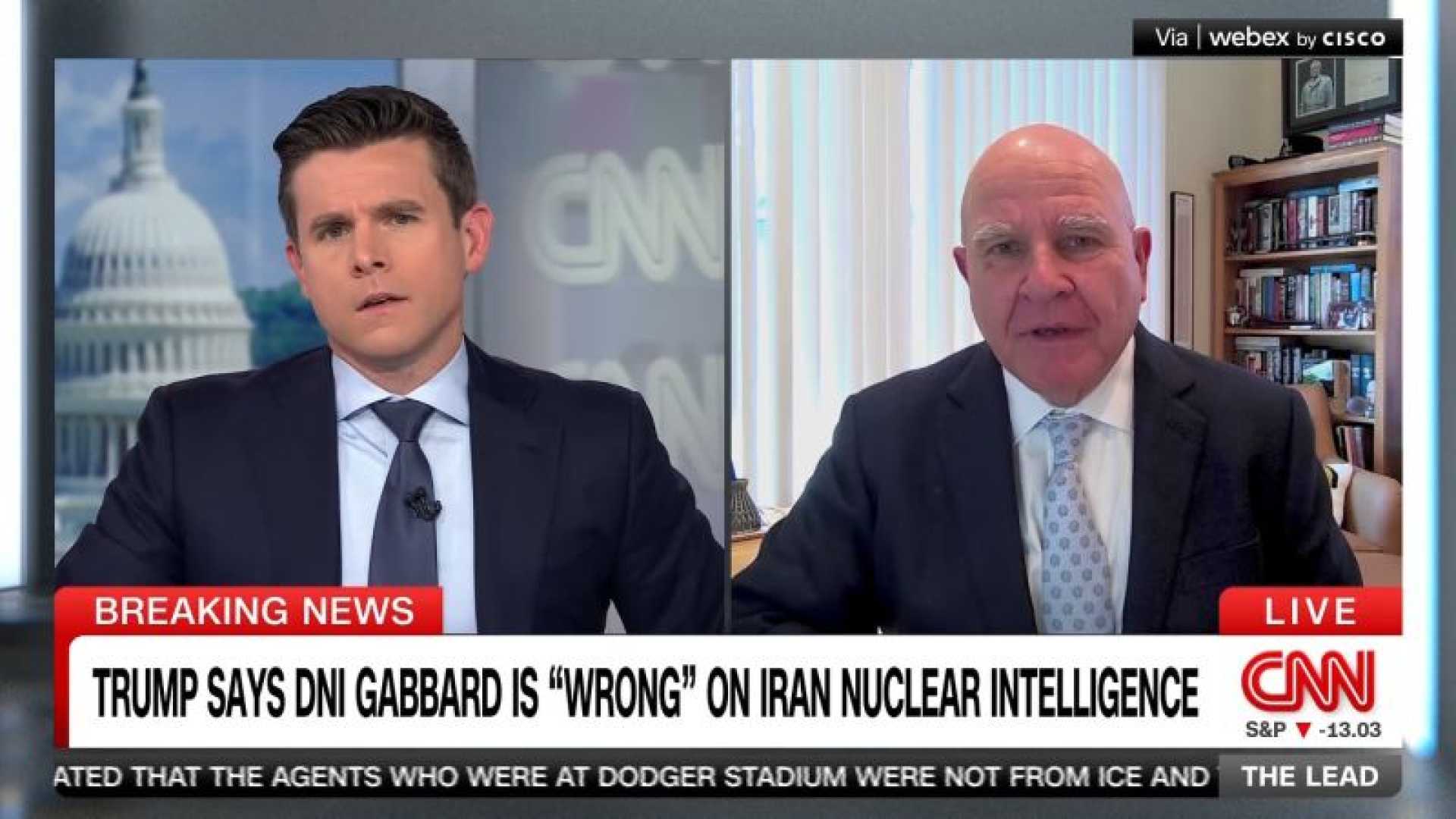Politics
Trump Ignores Gabbard’s Intelligence Assessment on Iran’s Nuclear Program

WASHINGTON, D.C. — Former President Donald Trump dismissed the assessment of Tulsi Gabbard, Director of National Intelligence (DNI), regarding Iran‘s nuclear capabilities, stating, “I don’t care what she said.” This remark raises concerns about the relationship between the presidency and the U.S. intelligence community.
Gabbard told Congress in March that the intelligence community believes Iran is not currently pursuing a nuclear weapon. Her comments seemed to settle with the general consensus among intelligence officials, who have recognized Iran’s stockpile of uranium but noted that it has not yet made a decision on developing nuclear arms.
Vice President JD Vance defended Gabbard’s position, mentioning the dynamic landscape of international relations since her statement. “A lot has changed since then,” he said. Despite Vance’s support, the intelligence community holds firm that Iran has not made a concrete decision on building a bomb.
Trump’s dismissal of Gabbard’s insights echoes previous behavior during his presidency, particularly when he chose to believe foreign leaders over U.S. intelligence findings. Senior intelligence officials have indicated that military action could spur Iran to actively pursue nuclear weaponization.
The former president’s comments mirrored the more aggressive stance of Israeli intelligence, which claims that Iran is closer than previously thought to developing a nuclear weapon. Reports indicate that Israel‘s actions have temporarily hindered Iran’s progress.
In response to concerns about whether Gabbard is aligned with Trump’s administration on crucial matters, sources close to the White House noted Trump was displeased with her recent public statements, interpreting them as criticisms of his foreign policy approaches.
“She spoke out of turn,” said a senior administration advisor. “Trump viewed her comments as a thinly veiled criticism of his consideration to allow Israel to strike Iran.”
In another twist, Gabbard recently warned that the world is “closer to the brink of nuclear annihilation than ever,” criticism further fueling tensions between her and the Trump administration.
As tensions rise, Gabbard appears to be re-evaluating her public communication strategy, stepping back from the media spotlight while addressing her responsibilities in the White House. How this will impact her standing within the administration remains uncertain.
The unfolding drama reveals the challenges of navigating political narratives and intelligence assessments in a tense geopolitical climate.












